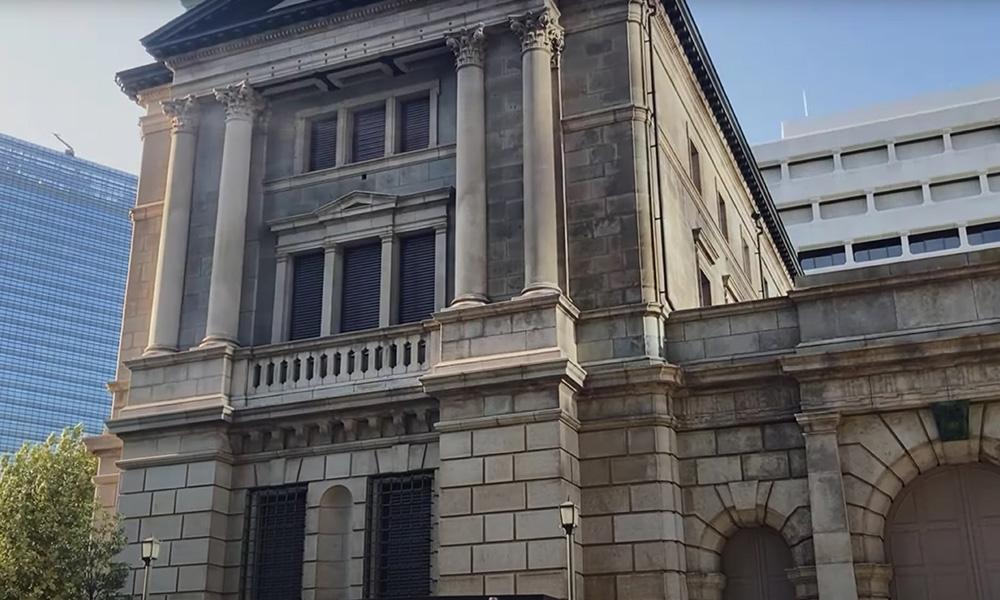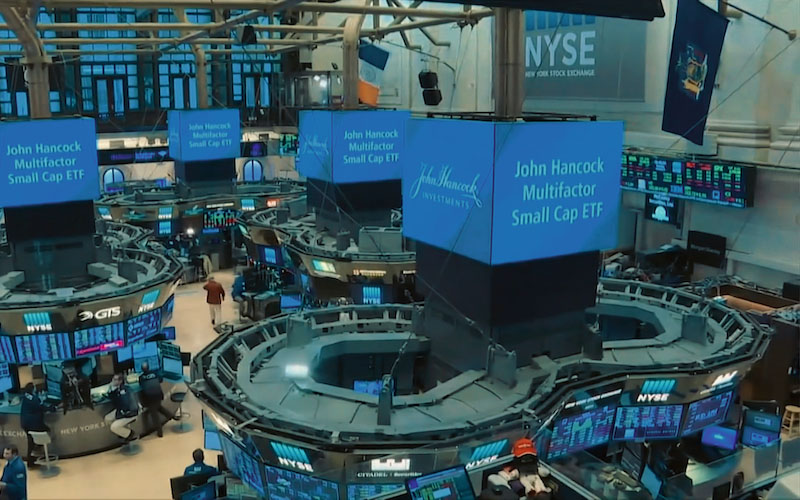The Bank of Japan may "hold its ground" next week: Amid the tariff storm, when will the mystery of Kazuo Ueda's interest rate hike be revealed?
2025-09-12 14:49:41

Meeting countdown: Interest rates remain rock solid, market eyes focused on Ueda's "hint game"
Next week, the Bank of Japan will hold its interest rate meeting. The two-day meeting will focus squarely on the short-term policy rate—which will likely remain firmly pegged at 0.5%. Since January of this year, the Bank of Japan has adopted a wait-and-see approach, refraining from a hasty interest rate hike. This decision stems from careful consideration of the impact of US tariffs. Considering Japan's high reliance on overseas markets, particularly exports to the US, a hasty rate hike could further jeopardize the already shaky recovery.
Market participants were no passive spectators. Their eyes were fixed on Bank of Japan Governor Kazuo Ueda's press conference following the meeting, a key event that would be crucial in interpreting the Bank of Japan's next move. Would Ueda offer some vague but significant signals? For example, would interest rate hikes resume in the fall or winter? After all, a Reuters poll last month showed that over half of economists bet the Bank of Japan would raise its benchmark interest rate by at least 25 basis points in the fourth quarter—though this proportion had quietly declined from nearly two-thirds a month earlier, revealing a collective hesitation. While trade risks were easing, uncertainty hung like a fog over Tokyo's financial district.
Is the shadow of tariffs gradually dissipating? Optimism hides concerns, with the US economy becoming the "X factor."
The good news is that the trade agreement between Japan and the United States has finally been finalized, bringing some relief to Bank of Japan policymakers. Sources familiar with the matter reveal that with the signing of the agreement, they are increasingly confident that, while the impact of tariffs will be substantial, it will not plunge the Japanese economy into a full-blown recession. Exporters may be able to weather this storm, and the Bank of Japan's business sentiment survey—the Tankan survey, to be released on October 3rd—will provide clearer clues. This isn't just a bunch of numbers; it's a barometer of whether businesses can withstand the pressure of tariffs and continue to push up wages. If the data is positive, optimism could grow, keeping the Japanese economy on track to its 2% inflation target.
However, optimism must be taken with a grain of salt. Recent comments from Bank of Japan Deputy Governor Yoshizo Himino were a stark rebuke, stating that the impact of tariffs is only just beginning to unfold and is far from settled. This suggests the Bank of Japan will prefer to gather more data and carefully consider it before raising interest rates. After all, the Japanese economy is so fragile that even the slightest disturbance can trigger a ripple. Even more troubling are the signs of weakness coming from the United States. Recent rounds of lackluster US employment data have been keeping Bank of Japan policymakers awake at night, as any slowdown in the US economy could, like a domino effect, derail their rosy expectations for a domestic recovery. The Federal Reserve's meeting concluded just a few days ago, and they appear to have already pressed the button on interest rate cuts to support a shaky labor market. The divergence between these two policy paths, one upward and one downward, could easily lead to a sharp appreciation of the yen, further squeezing the profit margins of Japanese exporters.
The timing of interest rate hikes remains a mystery: political chaos and the inflation time bomb are hitting them hard.
When it comes to raising interest rates, the Bank of Japan isn't making a decision easily. Naomi Muguruma, chief bond strategist at Mitsubishi UFJ Morgan Stanley Securities, bluntly stated: "Ueda likely won't make a clear statement about an October rate hike at this press conference. They need more time to fully understand the impact of tariffs." Muguruma added that the weakening US economy is likely to delay the Bank of Japan's action, and she personally expects the next rate hike to occur in January of next year. While this statement may sound like a cold shoulder, it also reflects the sentiment of policymakers: acting rashly is too risky.
Politically, the sudden resignation of Japanese Prime Minister Shigeru Ishiba has added fuel to the fire. This abrupt change of power has muddied the waters, adding further political uncertainty to an already complex economic landscape. Some analysts believe this could provide the Bank of Japan with another excuse to delay interest rate hikes. However, if they remain inactive for too long, they risk another hidden danger: the risk of high inflation, a hidden ticking time bomb poised to detonate at any moment. This is especially true now, with real interest rates still hovering in negative territory and the cost of living remaining high. While food prices have moderated due to last year's base effect, long-term, broad-based inflationary pressures persist. Hawkish board member Naoki Tamura stated categorically at a press conference in late June that if upward inflation risks intensify, the Bank of Japan will have to act decisively to safeguard price stability. These words carry extra weight today.
At the press conference, Ueda will likely reiterate his old adage: Once the Bank of Japan becomes more confident that the economy can consistently reach 2% inflation, it will resolve to continue raising interest rates. This isn't just empty talk; it's a statement of the Bank of Japan's pursuit of a balance amidst the tariff storm and global changes.
- Risk Warning and Disclaimer
- The market involves risk, and trading may not be suitable for all investors. This article is for reference only and does not constitute personal investment advice, nor does it take into account certain users’ specific investment objectives, financial situation, or other needs. Any investment decisions made based on this information are at your own risk.





















